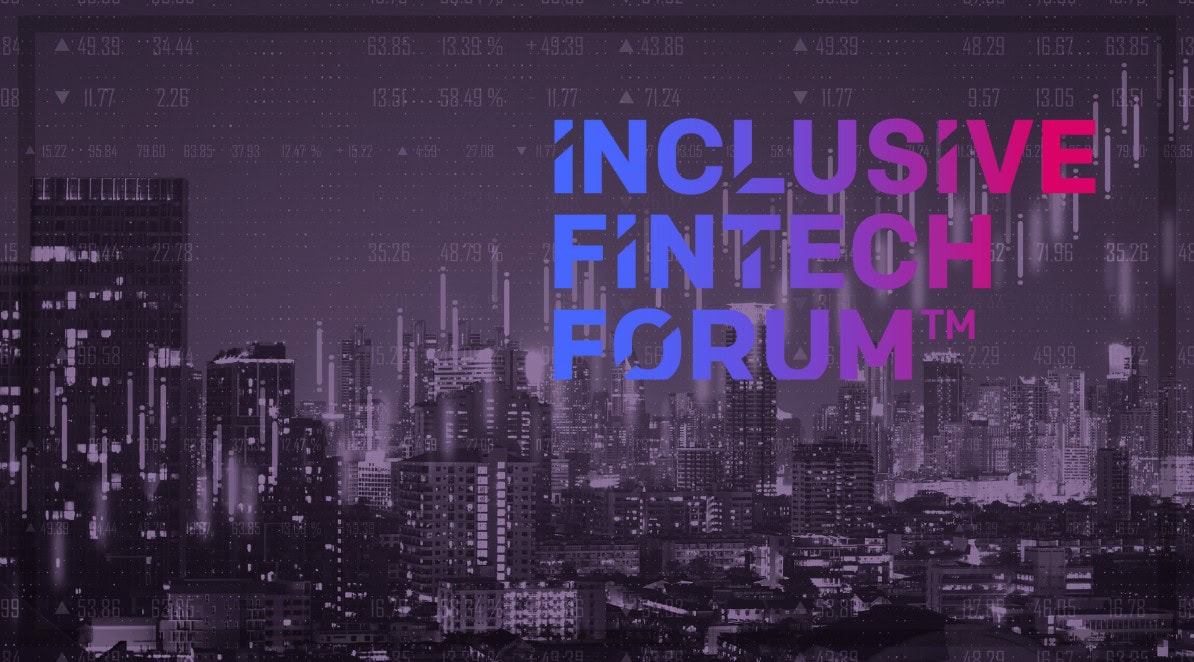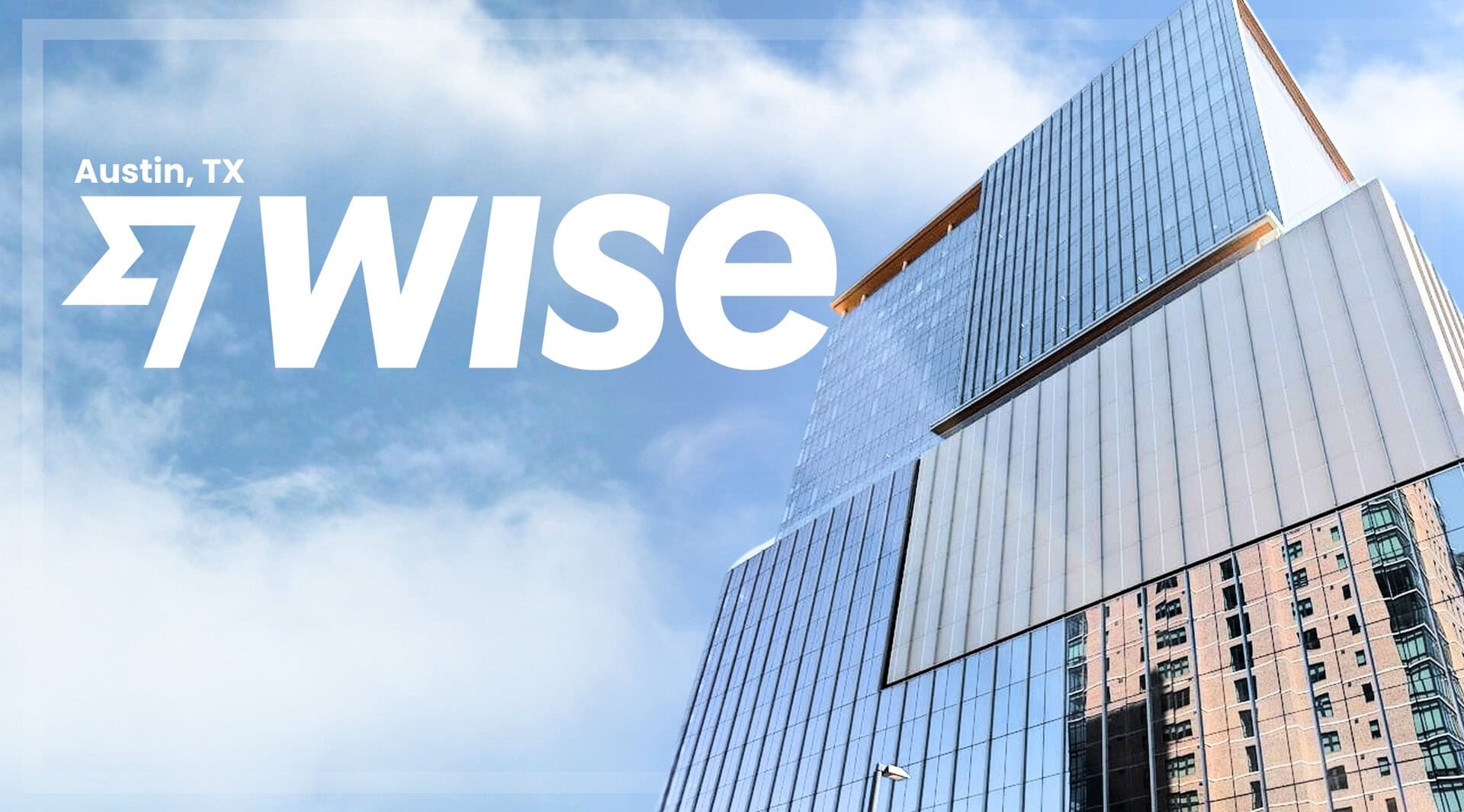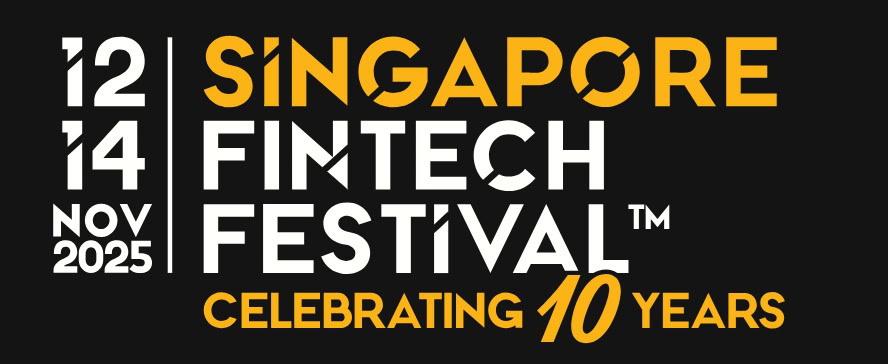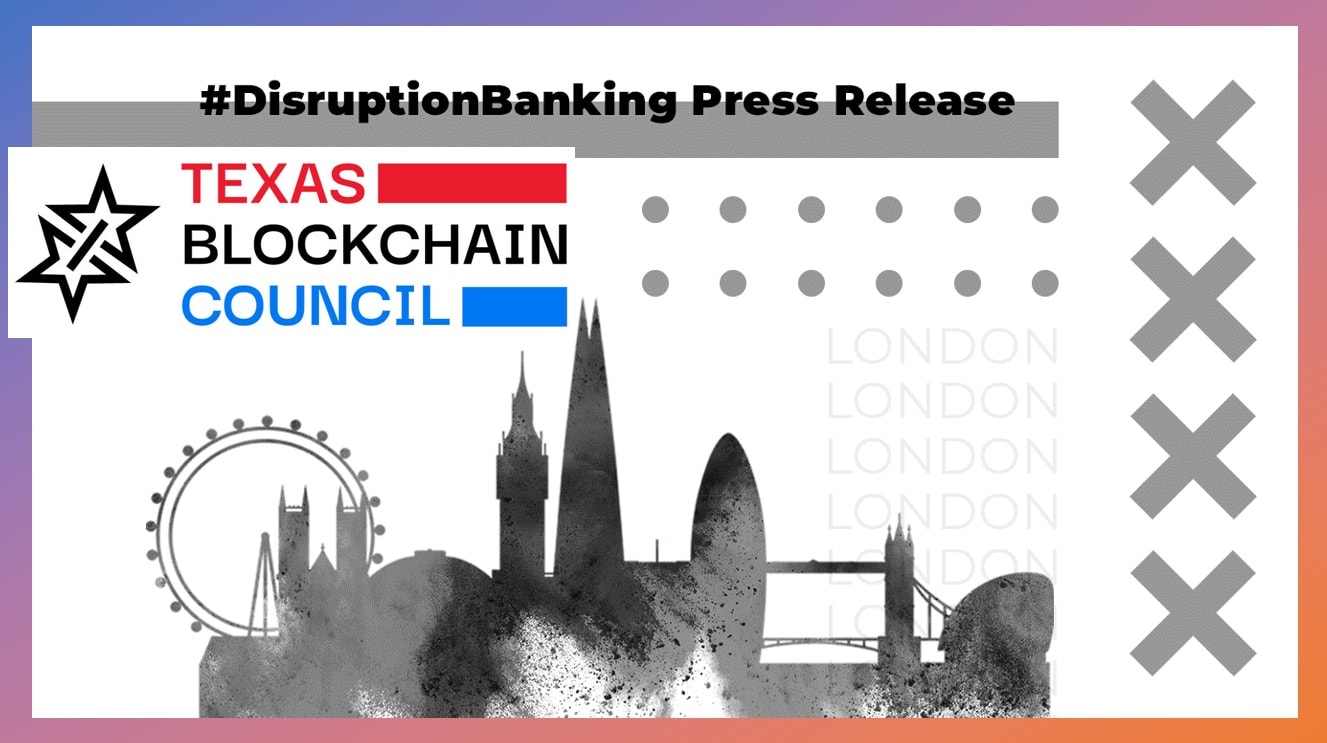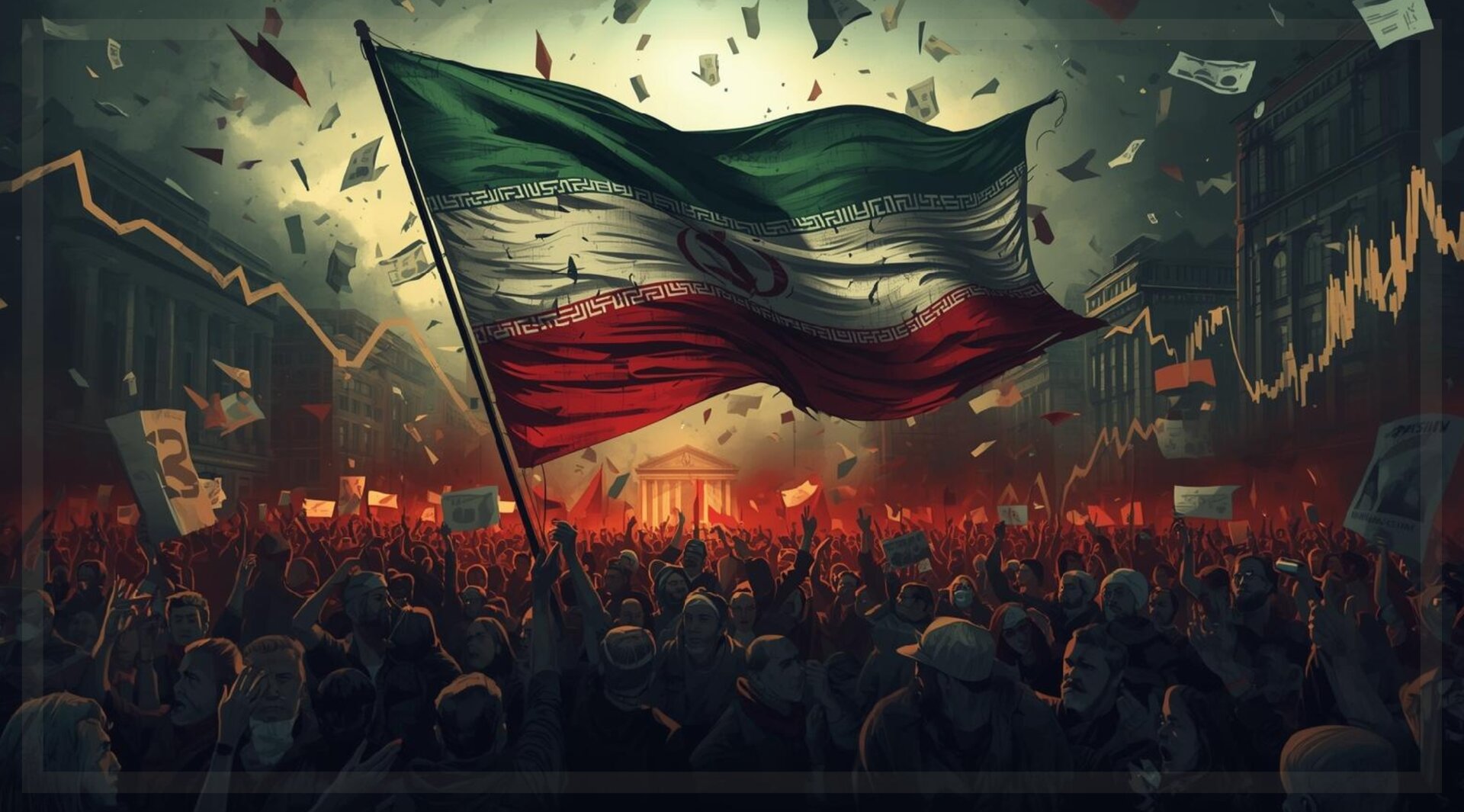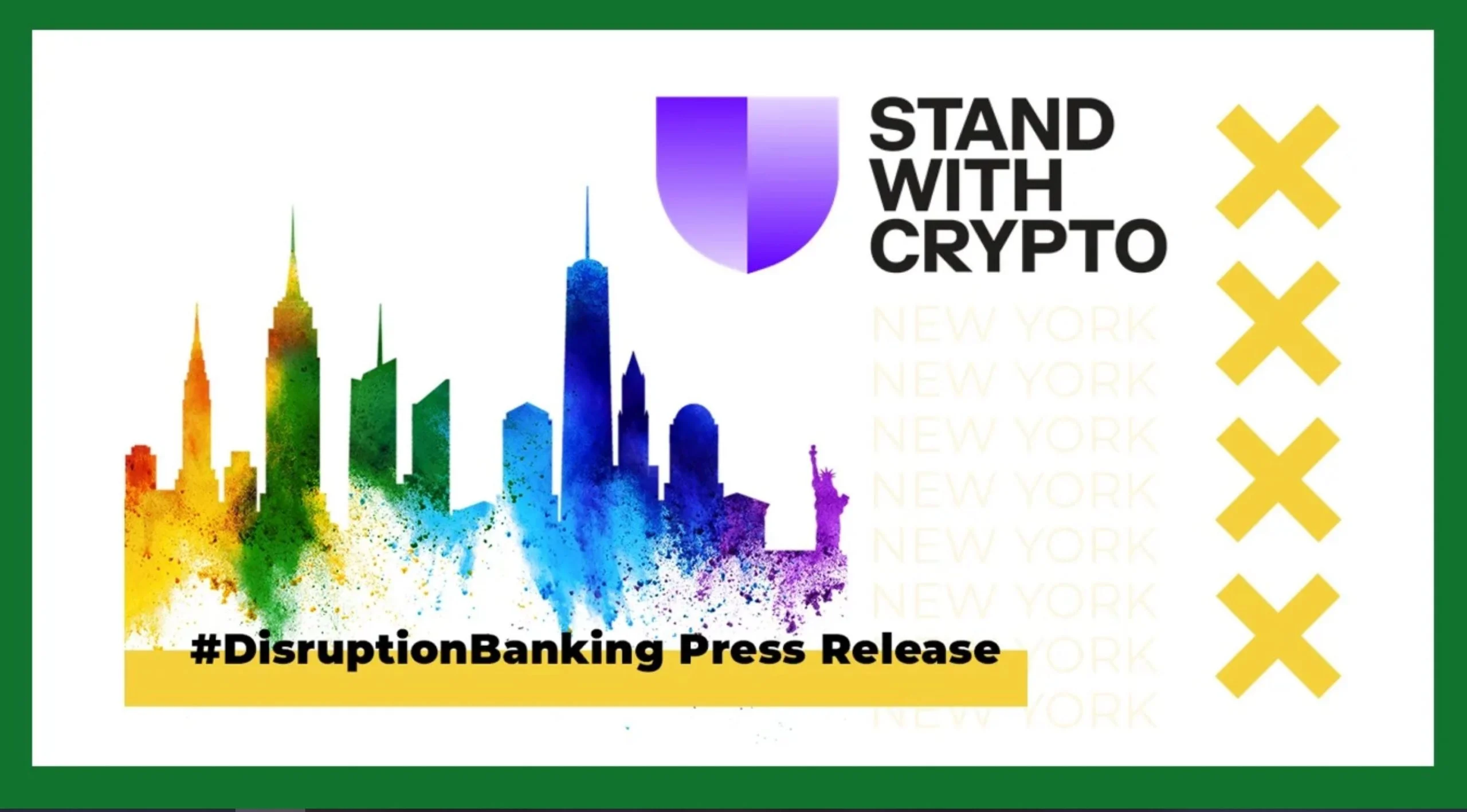Kigali’s skyline isn’t just rising—it’s redefining Africa’s fintech future. With Rwanda’s 75% financial inclusion rate and the Kigali International Financial Centre (KIFC) as its engine, the city is hosting the 2026 Inclusive FinTech Forum (IFF) to unite 2,000+ leaders in bridging North Africa’s innovation with East Africa’s growth. Yet, with 57% of Africans still unbanked despite $2.7B in fintech investments, the Forum faces a continent-sized challenge: turning ambition into action.
In the meantime, continent-wide, 57% remain unbanked amid $2.7B of fintech investments. This might seem promising, but is not helped due to regulatory silos, gender gaps, and infrastructure lags that hobble scale.
Enter IFF 2026: a disruptor’s arena uniting 2,000+ leaders to forge the next chapter of African fintech. Running from 10–16 March 2026 at the Kigali Convention Centre, the Forum will tackle the defining themes of Africa’s fintech decade.
Topics at IFF 2026 include policy harmonization, cross-border payments, regtech, and frontier tools like AI, quantum computing, and climate finance. All these topics align with Rwanda’s Vision 2050, placing fintech at the core of the continent’s sustainable growth. As Africa’s leading stage for fintech inclusion, the Forum bridges North Africa’s innovation engines with East Africa’s growth markets, establishing Kigali as the driving force of the continent’s digital future.
Rwanda’s Fintech Surge: Youth and Policy Fuel Innovation
Rwanda’s rise as a fintech hub is no accident. One of Africa’s fastest-growing economies, it leverages a youthful population – 78% under 35 – to fuel innovation, entrepreneurship, and digital adoption. Bold economic policies and investor-friendly regulations have cultivated a market where startups and capital not only converge, but flourish.
Kigali is staking its claim in both global fintech and climate finance. According to Bloomberg, Rwanda partnered with Singapore to trade carbon credits. This was completed under the Paris Agreement’s Article 6.2 framework, signaling ambition in the fast-growing climate finance sector. The move complements Rwanda’s wider push to attract global capital while piloting fintech tools such as digital registries and blockchain verification to deliver transparency at scale.
Rwanda said it plans to work with a carbon-project development company to sell the offsets to Singapore https://t.co/sUaA74naSn
— Bloomberg (@business) August 27, 2025
Tackling Barriers: Fintech Solutions for Housing and Inclusion
While there is some good news, challenges persist in Kigali. Reports indicate that demand for 25,000 affordable residential units annually far outstrips supply, pushing 79% of the city’s population into informal housing as a result of urban migration, limited mortgage access and high construction costs. Yet where challenges arise, fintech sees opportunity: introducing digital mortgages, micro-lending, and modern payment systems that expand access to finance.
At IFF 2025, Telcoin joined the National Bank of Rwanda and regional partners to explore how blockchain could reshape cross-border payments. The workshop unpacked how digital money can cut transfer costs, speed up remittances, and build a compliant infrastructure where innovation and regulation move in unison.
By showing how diaspora funds could flow directly into local investments like affordable housing, the session revealed blockchain’s power to turn financial inclusion into tangible community impact. It was a glimpse of Rwanda’s fintech promise in action – bold, practical, and rooted in real-world change.
#Telcoin co-led a workshop with the National Bank of Rwanda and other African partners at #IFF2025 about the advancement of next-gen cross-border payments through #blockchain solutions such as #DigitalCash.
— Telcoin (@telcoin) February 27, 2025
We look forward to driving financial inclusion in Rwanda and beyond. pic.twitter.com/2vLC09pOds
With reports indicating that the Rwanda Stock Exchange is targeting a 20% rise in listings, Kigali has signaled its drive to expand capital markets alongside fintech innovation. The city has strengthened through the National Fintech Strategy 2024–2029. The strategy aims to boost financial inclusion well beyond Africa’s 43% average and attract cross-border investment. It is backed by KIFC with support from Singapore’s Global Finance & Technology Network, helping Kigali to emerge as the continent’s fintech frontier.
IFF 2026: Kigali’s Platform for Pan-African Fintech
Firmly established as Africa’s premier gathering for fintech-driven inclusion, the IFF is a unique collaboration between the KIFC, Rwanda’s National Bank, and the Global Finance & Technology Network (GFTN). KIFC facilitates international investment and cross-border transactions across Africa, while GFTN, established by the Monetary Authority of Singapore (MAS), advances fintech development in the digital economy.
Since its 2023 inaugural edition with 1,500+ participants, the Forum has grown rapidly, attracting nearly 3,000 delegates in 2025, with opening remarks from President Paul Kagame and contributions from over 100 global leaders in policy, investment, and technology.
The 2026 edition is set to raise the bar once again, with:
- Policy-shaping roundtables on cross-border payments, regtech, and harmonised AfCFTA frameworks.
- Investor matchmaking focused on scaling ventures across East and North Africa.
- Frontier-tech workshops on AI, quantum computing, and climate finance tools—aligned with Rwanda’s Vision 2050 for sustainable development.
KIFC’s growing influence is clear: its market has attracted $2.7 billion in African fintech funding between 2021 and 2023. This is all occurring at the same time as Rwanda’s fintech ecosystem is benefitting from 8.6 percent average GDP growth and ongoing integration with pan-African initiatives such as AfCFTA’s digital trade protocol. The 2026 Forum will expand high-level dialogues from previous editions with additional roundtables, investor matchmaking sessions, and frontier-tech workshops, cementing Kigali’s role as the continent’s fintech frontier and a hub where innovation, policy, and capital converge.
From 3,000 delegates and 100+ global leaders in 2025 to an even larger stage in 2026, the Forum reflects Kigali’s unstoppable momentum as a continental fintech powerhouse.
Visionaries Driving IFF 2026’s Agenda
The 2026 agenda is packed with leaders ready to tackle challenges head-on and spark the next chapter of African fintech;
- Hon. Paula Ingabire, Rwanda’s ICT Minister, looks to ‘nurture a Pan-African innovation ecosystem’ through Kigali Innovation City.
- Kosta Peric, Deputy Director at the Gates Foundation, will spotlight inclusive systems design, drawing on his track record as former SWIFT architect and Mojaloop Chair.
- Dr. Alfred Hannig, CEO of the Alliance for Financial Inclusion, will spotlight regulatory alignment, drawing on decades of global policy leadership across 90+ countries.
- Sopnendu Mohanty, GFTN’s Co-Founder and CEO, brings his expertise in financial innovation to highlight Singapore–Africa bridges and digital inclusion.
Pan-African integration will also take centre stage at IFF 2026, with Lacina Koné of Smart Africa and Mike Ogbalu III, CEO of PAPSS, championing cross-border payments under AfCFTA’s digital trade protocol.
Crucially, IFF 2026 is set to confront one of Africa’s greatest missed opportunities: the gender gap in financial inclusion. Women leaders such as Diana Mpyisi of Blue Oceans Rwanda and Tânia Tomé of Womenice.Org will underscore the $316 billion in GDP Africa forfeits each year due to inequality. Research indicates that Rwanda has made strides, with women holding 27% more middle-management roles. These initiatives help to unlock the continent’s full potential, which depends, partially, on achieving genuine gender parity.
Infographic: Our latest report investigates how Africa could add $316 billion in 2025 by reducing gender inequality in work and society https://t.co/nkka5pRUlU #powerofparity #SDG5 pic.twitter.com/7fWmaLEYqo
— McKinsey Global Institute (@McKinsey_MGI) December 7, 2019
Bridging the Divide: North Meets East at IFF 2026
Opportunities are expanding across the continent. Harmonized regulation under the AfCFTA could unlock true continental fintech scaling, while mobile money penetration continues to deepen engagement in Africa’s vast informal economies, still representing 86% of the labor force.
Emerging AI and digital ID solutions are poised to bridge inclusion barriers, especially where nearly half the population lacks formal identification. However, challenges endure. A recent TechCabal 2025 report highlighted the need for stronger infrastructure alignment to sustain fintech growth. At the same time, insights from the Africa Fintech Summit underscored the value of U.S.–Africa collaboration on AI governance and consumer empowerment.
North Africa’s fintech powerhouses, like Egypt’s MNT-Halan, bring scalable lending platforms and AI-driven credit scoring, which could supercharge East Africa’s mobile money dominance, led by Kenya’s M-Pesa and Rwanda’s blockchain experiments. IFF 2026’s investor matchmaking and policy roundtables aim to spark these cross-regional synergies, creating a pan-African fintech ecosystem that transcends borders.
Kigali’s Call to Action: Shaping Africa’s Fintech Future
The Inclusive FinTech Forum 2026 isn’t just a conference—it’s where Africa’s fintech future takes shape. By uniting North African innovation with East African growth, Kigali is building a pan-African ecosystem where digital payments, blockchain remittances, and climate finance converge.
For investors, innovators, and policymakers, IFF 2026 is the place to shape the continent’s $2.7B fintech market. Join the movement in Kigali, March 10–16, 2026, or follow DisruptionBanking for updates on Africa’s fintech frontier.
Author: Grace Sharp
See Also:
Rwanda aims to become the Luxembourg of Africa for green finance | Disruption Banking





